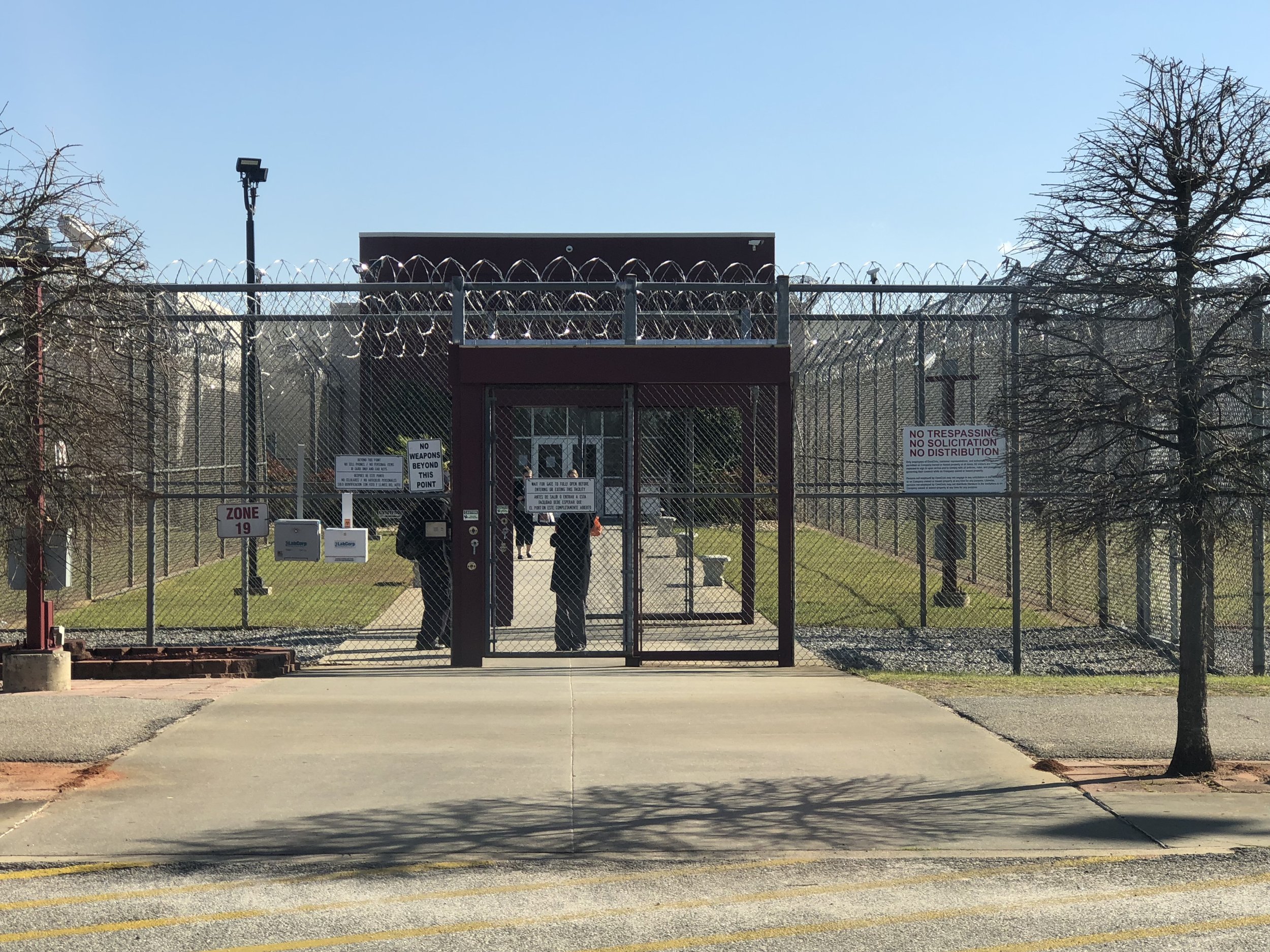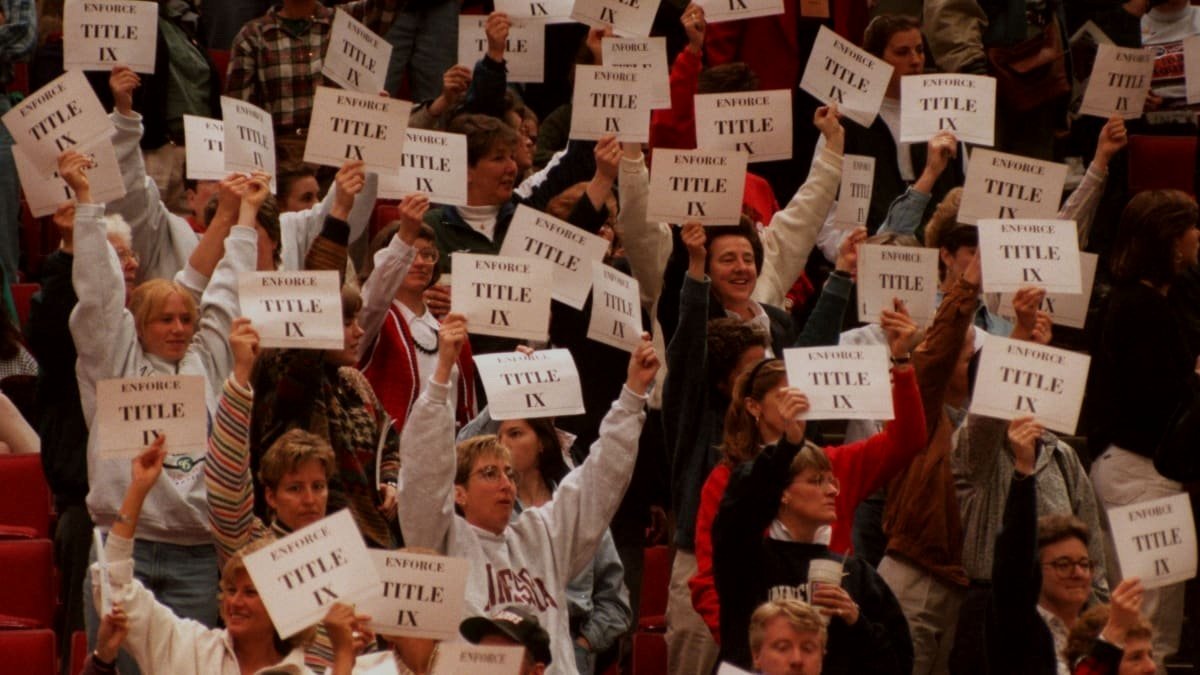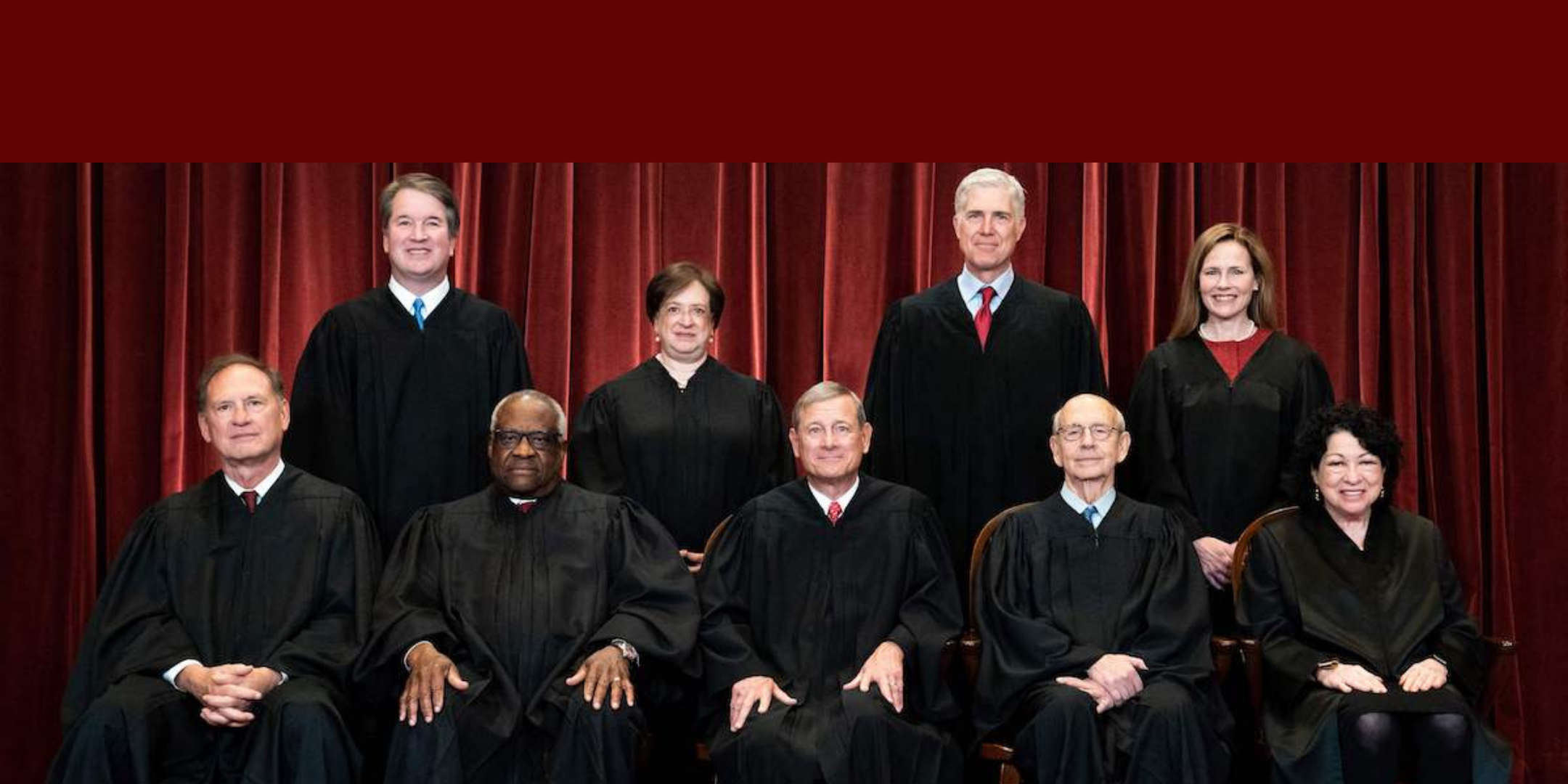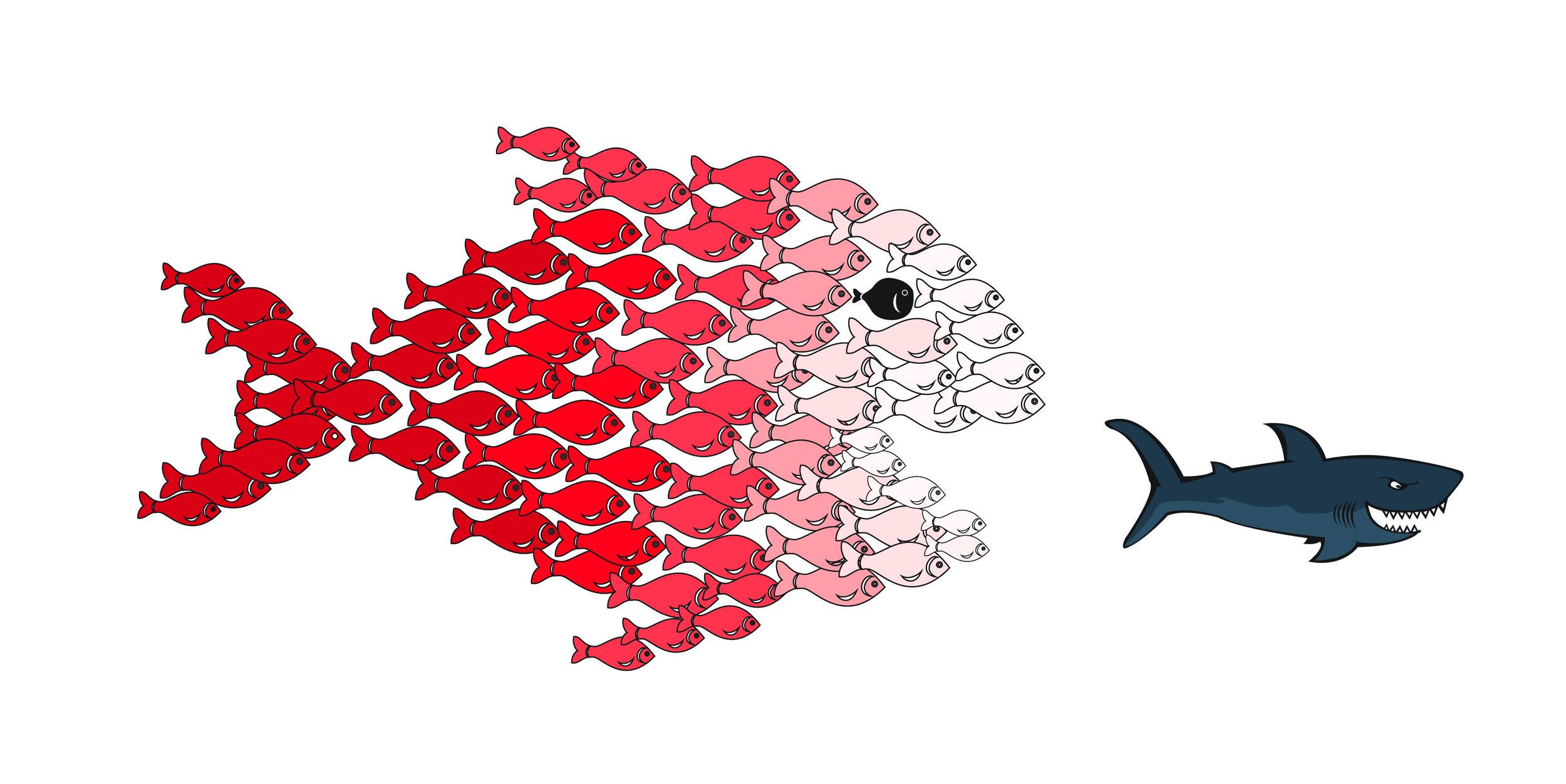
PRACTITIONER BLOG
Read our analyses of developments in Impact Litigation and stay current on class action law

The Seventh Circuit Breaks with Eleventh, Allows Service Awards for Named Plaintiffs
In 2020, a panel of the Eleventh Circuit Court of Appeals stunned the class action bar when it ruled in Johnson v. NPAS Solutions., LLC, 975 F.3d 1244 (11th Cir. 2020), that service awards for class representatives are categorically unlawful. Service awards are financial payments to class representatives that have long been used to acknowledge their service to the class. In April of 2024, the Seventh Circuit split with the Eleventh Circuit when it allowed service awards.

Forced Labor Suit Leads To Detained Worker Bill of Rights
With no real choice, Mr. Hill Barrientos worked in the kitchen in SDC’s so-called “Voluntary Work Program,” cooking meals for up to 2,000 people daily. He regularly worked eight- to nine-hour shifts, and usually received $4 to $5 per day (or 50 cents per hour). Since SDC did not have outside kitchen staff other than a handful of supervisors, officers usually required Barrientos to work seven days a week, even when he was sick. After filing a grievance for being forced to work while sick, he was put in solitary for over a month.

Female athletes from James Campbell High School score class certification after Ninth Circuit Appeal
When several students and parents from the girl’s water polo team flagged concerns of gender discrimination, the DOE retaliated against the class. The administration threatened to cancel the water polo season, increased scrutiny of the team, and mysteriously lost required team paperwork. This retaliatory conduct and the stark inequality between male and female athletes at Campbell are out of bounds under Title IX. In an upset, the District Court denied class certification in 2019 finding that the class failed to meet numerosity standards and, for the class-wide retaliation claims, that plaintiffs failed to show typicality and commonality.

Ninth Circuit Panel Decertifies Class of Janitorial & Maintenance Workers: Impact Fund & Amici Urge Rehearing
A certified class of janitorial and maintenance workers survived two motions for decertification, successfully proved employer wrongdoing at summary judgment, and received significant damages in a jury bellwether trial before seeing their efforts undone by the Ninth Circuit. The recent panel opinion in Bowerman v. Field Asset Services, Inc., 39 F.4th 652, 661-63 (9th Cir. 2022), reversed certification after over seven years of litigation as a certified class. In doing so, the panel blatantly ignored the district judge’s repeated conclusion that the case was best managed as a class action.

RESPONDING TO THE RESTRICTION OF EMPLOYMENT DISCRIMINATION CLASS ACTIONS
The arc of employment discrimination class action law is bending away from justice. As a result, plaintiffs’ lawyers frequently have to self-censor, generally in the opening complaint or the class certification motion, or as we did in Simpson at the 23(f) stage. Maximizing the chances for certification may require defining the class or multiple small classes so as to eliminate potential class members, claims, or forms of relief. Unfortunately, this type of self-censorship deprives employees of the possibility of obtaining the types of broad reforms that we were once able to achieve and hopefully can again pursue in the future as the law evolves.

SCOTUS Rules on TransUnion v. Ramirez Class Action: "We Decide If It’s a Federal Case, Not Congress."
On the one hand, the outcome is hardly surprising. The conservative majority has once again limited access to the federal courts for consumers to challenge corporate malfeasance, erecting ever higher threshold procedural hurdles. On the other hand, the decision holds some interesting surprises, including a full-throated defense of the rights of the injured consumers by the dissenting Justice Thomas, joined by Justices Breyer, Kagan, and Sotomayor. The decision is well worth a close read.

Impact Fund and NAACP Legal Defense Fund to SCOTUS: Don’t Rewrite Typicality
The Impact Fund and NAACP Legal Defense and Educational Fund, Inc. filed an amicus brief in the U.S. Supreme Court on behalf of ourselves and twenty-four civil rights organizations. We argue that Ramirez indisputably satisfied typicality, as every class member in the case presented the same claims, were subject to the same conduct, and sought the same relief as Ramirez did. “TransUnion seeks to turn Rule 23 typicality on its head, asking the high court to rewrite the rule to protect defendants rather than absent class members,” declared Impact Fund’s Executive Director Jocelyn Larkin. “Nothing in the language or purpose of the rule supports TransUnion’s approach.”

Impact Fund & Amici to Eleventh Circuit: Eliminating Service Awards Endangers Class Actions
A recent decision by the Eleventh Circuit Court of Appeals stunned the class action and civil rights community. In Johnson v. NPAS Solutions., LLC, 975 F.3d 1244, a 2-1 majority ruled that service awards for class representatives in class actions are categorically unlawful.On October 29, the Impact Fund filed an amicus brief calling on the full Eleventh Circuit to review the decision en banc. Our amicus brief on behalf of civil rights groups argues that service payments and incentive awards appropriately compensate plaintiffs for the considerable responsibility they undertake in class action cases and on behalf of fellow class members.

Impact Fund and Allies File Amicus Brief to Preserve Workers’ Right to Bring Class Actions Under the ADA
Workers discriminated against on the basis of disability must be allowed to join together and use class actions to pursue workplaces free of discrimination, just as Congress intended when it passed the ADA.
SCOTUS RULING AT ODDS WITH H.R. 985, WHICH WOULD PERMIT IMMEDIATE APPEALS OF ALL CLASS CERTIFICATION ORDERS
While the Microsoft case is a clear victory for corporate defendants, there is some language in the opinion that may be useful in another important fight in a different venue. H.R. 985, the anti-class action bill passed earlier this year by the House, would permit an interlocutory appeal from every class certification order. The high court’s opinion strongly endorsed a contrary perspective – it highlighted the wisdom of Rule 23(f)’s “careful calibration” of the question as well as the preference for determining such issues through rulemaking rather than legislation. Senate Judiciary Committee, are you listening?

H.R. 985: Holding Down Civil Rights Class Actions
121 Civil Rights Non-Profits and 87 Ally Firms Oppose H.R. 985. On February 14, the Impact Fund submitted a letter on behalf of 121 civil rights non-profit organizations and advocates, joined by 87 ally law firms, to oppose H.R. 985 (“Fairness in Class Action Litigation Act of 2017”). H.R. 985, currently pending in the U.S. House of Representatives, would upend decades of settled class action law and undermine the enforcement of U.S. civil rights law.
Class Certification Does Not Require That Class Member Identification Be “Administratively Feasible."
Most people do not retain receipts for the myriad of food items and inexpensive consumer goods that they purchase each year. But, should this entirely understandable fact of modern life provide a license to corporations to defraud consumers who buy these products?
Third Circuit Rules Plaintiff Must Have “a fair opportunity” to move for class cert
Good news for plaintiffs in a Third Circuit decision on mootness in a Rule 23(b)(2) injunctive relief class action, Richardson v. Bledsoe, No. 15-2876 (3d Cir. July 15, 2016). This case presents a variation of the Campbell-Ewald named plaintiff pick-off strategy in a systemic reform case. It recognizes a “picking off” exception to mootness in a class action where the individual claim for relief is “acutely susceptible to mootness” by the actions of the defendant. This one takes a bit of explaining.
Cy Près 101
In modern litigation, the term “cy près” refers to the act of designating unclaimed class funds to public interest organizations whose work furthers the interests of the class and is tied to the purpose of the litigation. But the concept of cy près originated long ago in the law of charitable trusts in courts of equity. Today, cy près is generally used only after class funds have been distributed to class members, but it has become impossible or impracticable to distribute some remaining portion of the class funds, such as in the following situations:
Rule 23 Amendments Update: What’s Still on the Table and What Fell Off
For more than a year, a subcommittee of the Advisory Committee on Civil Rules has been soliciting and vetting ideas for amending Rule 23, the federal class action rule (see previous post here). These hardy souls (Judge Robert M. Dow, Professor Robert Klonoff, Elizabeth Cabraser and John Barkett) have criss-crossed the country, attending more than a dozen conferences to hear from practitioners across the spectrum. The Impact Fund’s 2015 Class Action conference in Berkeley was one of the subcommittee’s whistlestops.
